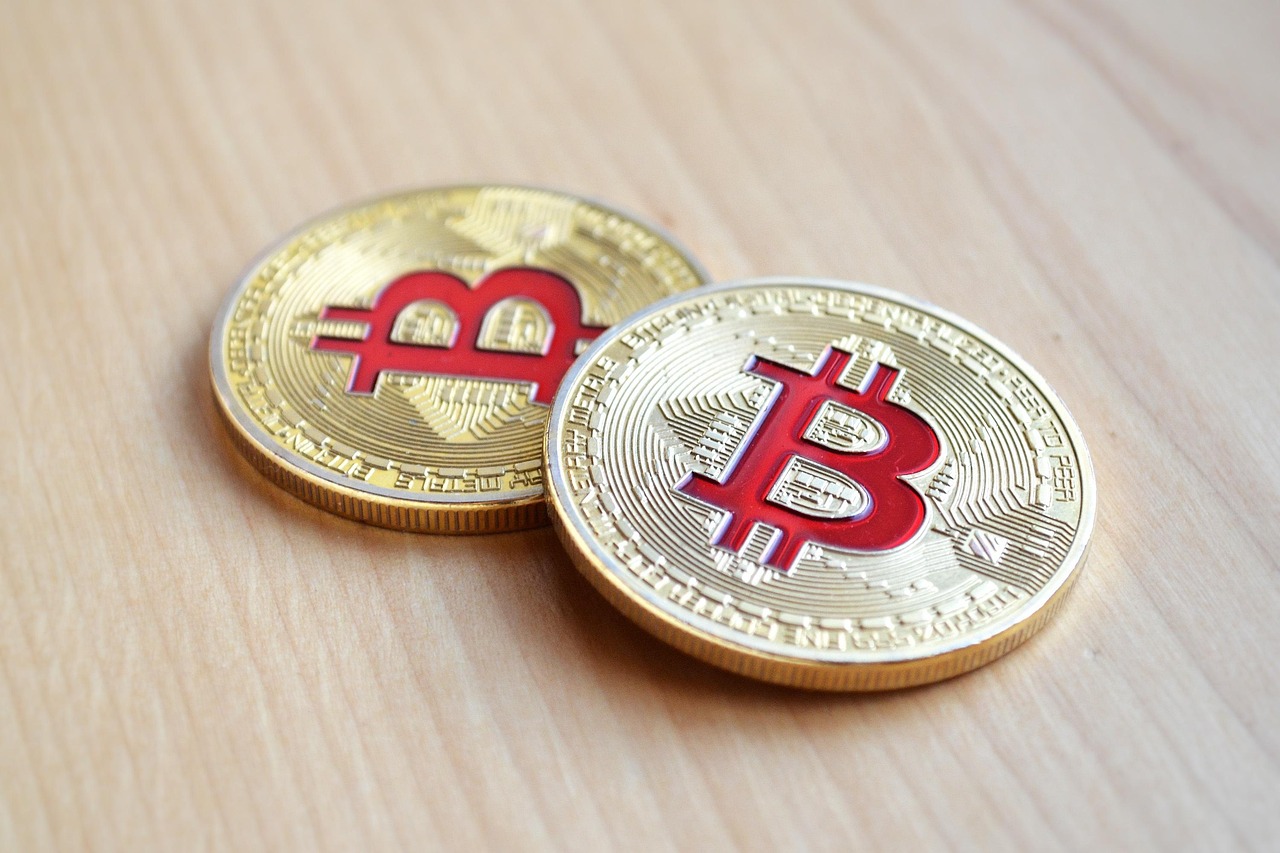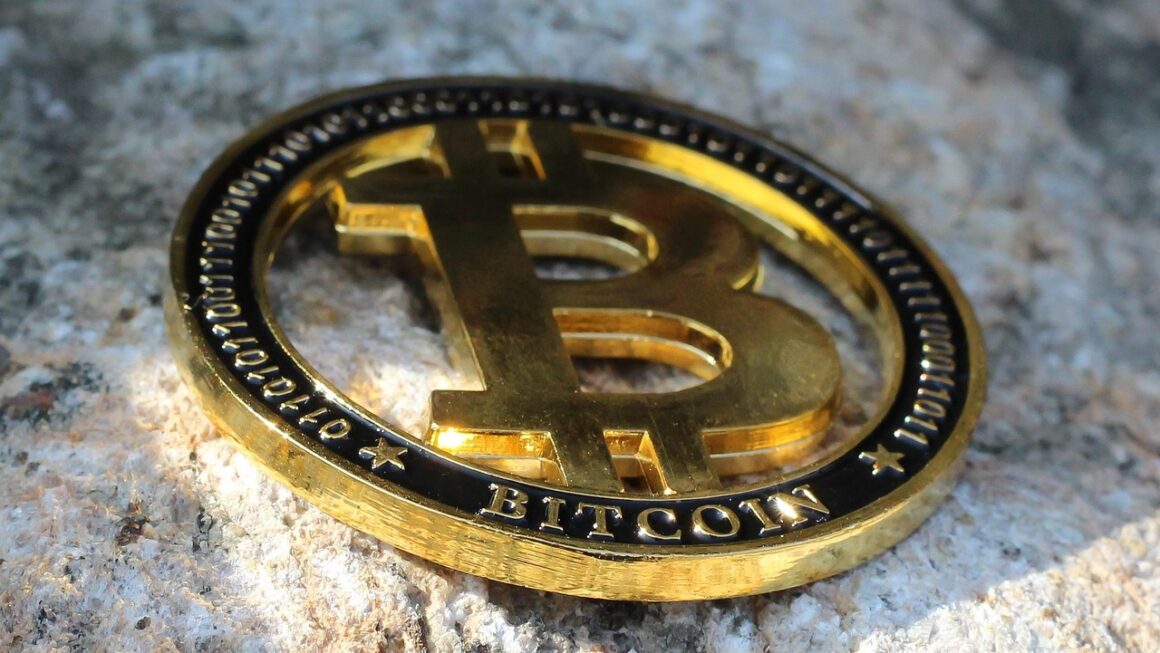Navigating the world of cryptocurrency can feel like charting unknown waters, especially when it comes to securing your digital assets. Among the various storage options available, hot wallets are a popular choice, prized for their accessibility and convenience. But what exactly is a hot wallet, and is it the right solution for your cryptocurrency needs? Let’s dive into the details.
What is a Hot Wallet?
Defining a Hot Wallet
A hot wallet is a cryptocurrency wallet that is connected to the internet. This constant connection allows for quick and easy access to your digital assets, making it ideal for frequent trading or making online purchases with cryptocurrency. Hot wallets can be software-based, accessible via web browsers or mobile apps, or even hardware wallets that are temporarily connected to the internet.
For more details, see Investopedia on Cryptocurrency.
How Hot Wallets Work
Hot wallets work by storing your private keys on a device that is connected to the internet. This allows you to quickly sign transactions and access your funds whenever you need to. When you initiate a transaction, the wallet software uses your private key to digitally sign the transaction, authorizing the transfer of funds. This signed transaction is then broadcast to the blockchain network for verification and confirmation.
Types of Hot Wallets
There are several types of hot wallets, each offering different levels of security and convenience:
- Desktop Wallets: Software installed on your computer, offering more control than web wallets but potentially vulnerable to malware. Example: Electrum.
- Mobile Wallets: Apps on your smartphone, providing on-the-go access. Example: Trust Wallet, MetaMask.
- Web Wallets: Accessible through a web browser, offered by cryptocurrency exchanges or online wallet providers. Example: Coinbase Wallet.
- Hardware Wallets (Temporarily Connected): While technically cold storage, hardware wallets can act as hot wallets when connected to the internet for transactions. The private key is stored offline on the device, and transactions are signed there. Example: Ledger Nano S (when plugged into a computer).
Benefits of Using a Hot Wallet
Accessibility and Convenience
The primary advantage of hot wallets is their ease of use. You can access your cryptocurrency from virtually anywhere with an internet connection, making them ideal for daily transactions and active trading. This is a significant benefit for users who need to quickly respond to market fluctuations or make frequent online purchases.
Speed of Transactions
Because hot wallets are always online, transactions are typically processed more quickly than with cold storage solutions. This is particularly important for day traders who need to execute trades rapidly.
User-Friendliness
Most hot wallets are designed with user-friendliness in mind, featuring intuitive interfaces and straightforward processes for sending and receiving cryptocurrency. This makes them accessible even to those who are new to the world of digital assets.
Practical Example:
Imagine you want to buy a coffee with Bitcoin at a cafe that accepts cryptocurrency. A mobile hot wallet on your smartphone allows you to quickly scan a QR code, authorize the transaction, and pay for your coffee in seconds. This speed and convenience make hot wallets a practical choice for everyday use.
Security Risks Associated with Hot Wallets
Vulnerability to Hacking
The biggest drawback of hot wallets is their inherent vulnerability to hacking and malware. Because they are connected to the internet, they are susceptible to online attacks that could compromise your private keys and lead to the loss of your cryptocurrency.
Phishing Attacks
Users can fall victim to phishing scams where they are tricked into revealing their private keys or seed phrases on fake websites or through malicious emails. Always double-check the URL and be wary of unsolicited requests for your login credentials.
Malware and Keyloggers
Malware and keyloggers installed on your computer or mobile device can steal your private keys as you type them, giving hackers access to your wallet.
Data Breach on Exchange
If you use a web wallet provided by a cryptocurrency exchange, your funds could be at risk if the exchange is hacked. While reputable exchanges implement robust security measures, they are still targets for cyberattacks.
Real-World Example:
Consider the numerous instances of cryptocurrency exchange hacks where millions of dollars worth of digital assets were stolen. Users who stored their funds on these exchanges’ hot wallets suffered significant losses. This highlights the importance of understanding the risks associated with leaving your cryptocurrency on a centralized platform.
Best Practices for Securing Your Hot Wallet
Enable Two-Factor Authentication (2FA)
Two-factor authentication adds an extra layer of security by requiring a second verification method, such as a code sent to your phone, in addition to your password. This makes it much harder for hackers to access your account, even if they have your password.
Use a Strong, Unique Password
Create a strong password that is difficult to guess and unique to your hot wallet. Avoid using the same password for multiple accounts.
Keep Your Software Updated
Regularly update your operating system, antivirus software, and hot wallet software to patch security vulnerabilities and protect against the latest threats.
Be Wary of Phishing Attempts
Be cautious of suspicious emails or websites that ask for your private keys or login credentials. Always verify the legitimacy of the source before entering any sensitive information.
Use a Dedicated Device
Consider using a dedicated device, such as an old smartphone or laptop, solely for managing your hot wallet. This reduces the risk of malware or other malicious software compromising your private keys.
Implement a Strong Backup Strategy
Make sure you have a secure backup of your recovery phrase. This phrase is crucial for recovering your funds if your device is lost, stolen, or damaged. Store your recovery phrase offline, preferably in multiple secure locations.
Limit the Amount of Cryptocurrency Stored
A good practice is to only keep the amount of cryptocurrency you need for regular transactions in your hot wallet. Store the bulk of your holdings in a cold storage solution for greater security.
Hot Wallet vs. Cold Wallet: Which is Right for You?
Understanding the Differences
The key difference between hot wallets and cold wallets is their connection to the internet. Hot wallets are online, while cold wallets are offline. This fundamental difference has a significant impact on their security and usability.
Cold Wallets: Security First
Cold wallets, such as hardware wallets and paper wallets, store your private keys offline. This makes them much more resistant to hacking and malware. However, they are less convenient for frequent transactions.
Hot Wallets: Convenience at a Cost
Hot wallets offer ease of use and quick access to your cryptocurrency, but they come with inherent security risks. They are best suited for smaller amounts of cryptocurrency that you need for daily transactions or active trading.
Choosing the Right Option
The best choice for you depends on your individual needs and risk tolerance. If you prioritize security above all else, a cold wallet is the way to go. If you need quick access to your cryptocurrency for frequent transactions, a hot wallet may be more suitable. Many users choose to use a combination of both, keeping the majority of their holdings in cold storage and a smaller amount in a hot wallet for day-to-day use.
- Cold Wallet: Long-term storage, large amounts of cryptocurrency, maximum security.
- Hot Wallet: Frequent transactions, smaller amounts of cryptocurrency, convenience.
Conclusion
Hot wallets offer a convenient way to access and manage your cryptocurrency, but it’s crucial to understand the associated security risks. By following best practices and implementing robust security measures, you can minimize these risks and protect your digital assets. Consider your individual needs and risk tolerance when choosing between a hot wallet and a cold wallet, and always prioritize security to safeguard your cryptocurrency holdings.
Read our previous article: Robotics Beyond Automation: Cultivating Symbiotic Human-Machine Teams




